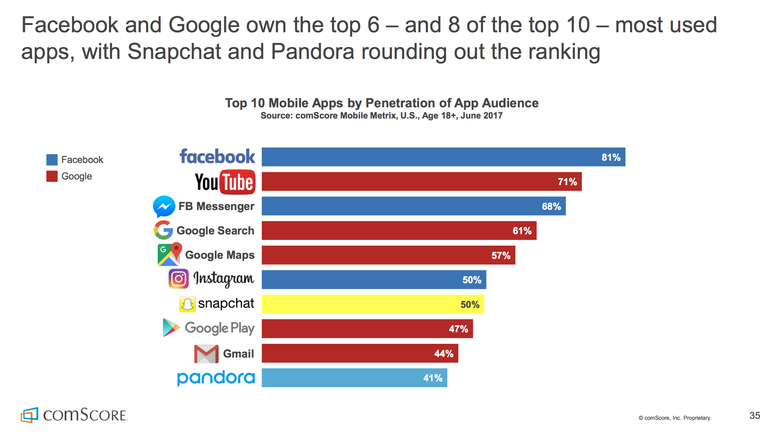Phone zombies on the road
“It’s People Like Us uses dashboard cameras to capture the driving behaviour of five young motorists, all of whom willingly signed up to the project, and each of whom is revealed as a serial offender when it comes to using their mobile phones while driving.”


